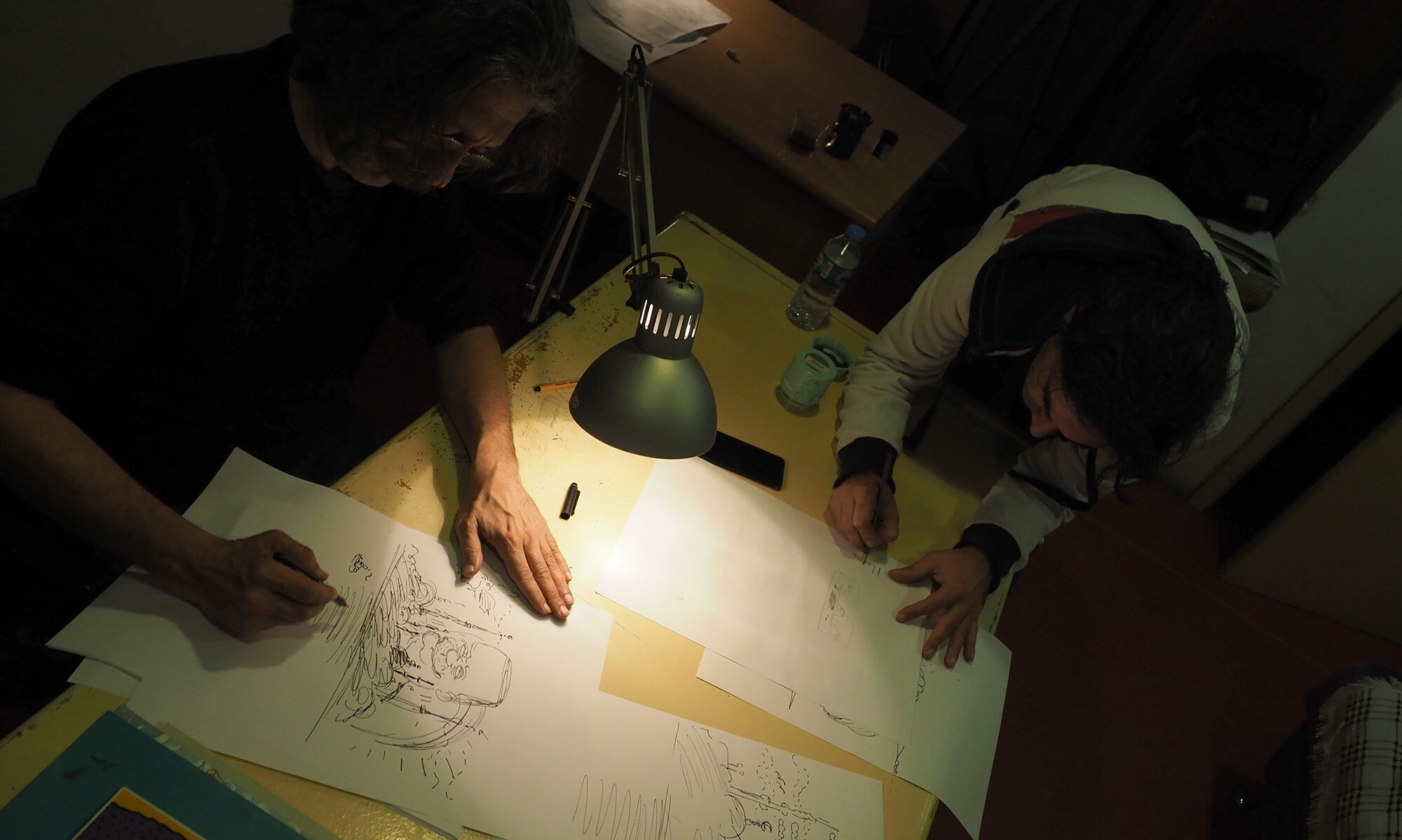Restricting freedom of expression is never only about silencing speech, but also about shaping it into acceptable forms. That is certainly true in the world of cartooning. Some states respect the art form enough to pair coercion with various forms of co-optation, using carrots as well as sticks to encourage cartoonists to express themselves in approved ways.
One example is the Iranian House of Cartoons, an artistic organisation that enjoys significant state patronage. “The state in Iran understands the power of cartoons and wants to use it for itself,” says Kianoush Ramezani, an Iranian cartoonist in exile in France and a fierce critic of the organisation.
The House of Cartoon does not tolerate criticism of the government or of clerics. A cartoonist whom it blacklists would not be able to work in Iranian mainstream media, Ramezani says. At the same time, cartoonists are encouraged to attack Israel and the liberal West. The leading lights of the organisation are also behind the Tehran International Cartoon Biennial, which in 2016 organised a Holocaust cartoon competition to highlight what they perceive as double standards around cartoons mocking the Prophet Mohammed.
The long-term impact of its work, says Ramezani, is to divert Iran’s cartoonists away from commenting on current affairs and towards technical accomplishment. “Many cartoonists believe that taking part in international contests is their main job. A new generation is not aware of the journalistic aspect of cartooning.”
Ramezani is the founder of United Sketches Network, for cartoonists in exile. He describes the exile experience in this short clip:
– Cherian George. Sonny Liew and I interviewed Kianoush Ramezani in Paris in August 2018 as part of our research on cartoon censorship.

